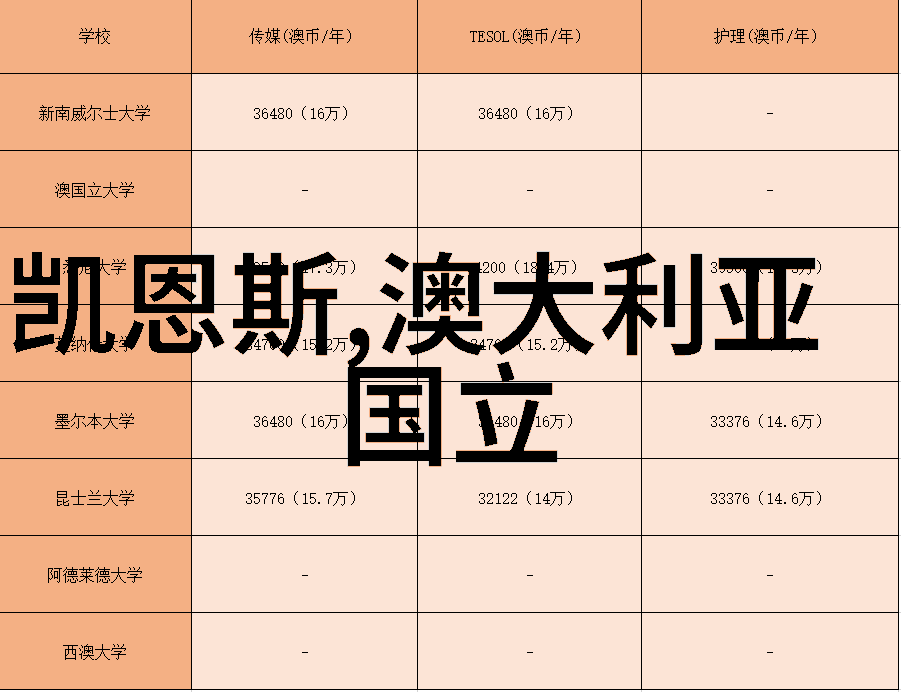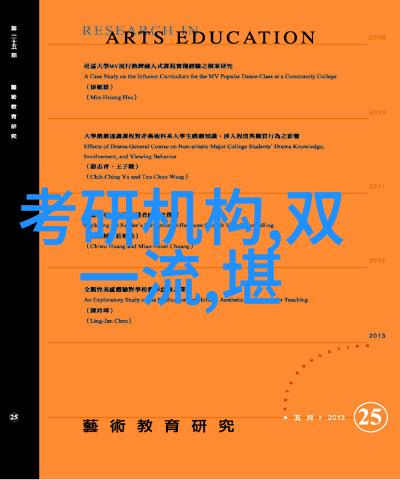The British government has recently announced a new visa policy that is set to revolutionize the way international students apply and study in the United Kingdom. This policy change aims to attract more top talent from around the world, while also making it easier for those who want to stay and work in the country after completing their studies.

Background of UK's New Visa Policy
Before diving into what this new policy means, let's take a step back and understand why such changes are happening. The British government recognizes that higher education plays a crucial role in driving innovation and economic growth. To maintain its position as one of the world's leading education hubs, it must ensure that its immigration policies support this goal.

Key Changes Underneath UK's New Visa Policy
The main changes under this new policy include an increase in student visas granted each year, simplification of application procedures, extension of post-study work rights for certain graduates, and introduction of measures aimed at preventing abuse by unscrupulous institutions.

Impact on International Students: Pros & Cons
For prospective international students looking to study abroad in Britain, these changes can be seen both as opportunities and challenges:

a) Opportunities:
Easier access: With fewer restrictions on student visas issued annually, there will be more opportunities available for those seeking to pursue higher education in Britain.
Simplified application process: Streamlining applications can make it less daunting for potential students who may have been deterred by complex paperwork.

Post-study work rights: Some graduates will now be allowed to stay longer after graduation than before – providing them with time to find employment or start their own businesses within the country.
b) Challenges:
Increased competition: More open doors mean greater competition among applicants vying for limited spots at top universities.
Pressure on universities: Universities could face increased pressure due to growing demand without proportionate increases in funding.
Long-Term Effects on Higher Education Institutions & Economy
This shift has significant implications not only for individual students but also for higher education institutions themselves:
a) Institutions' adaptability required:
Institutions need to prepare themselves better through investments like enhancing curriculum offerings or improving campus infrastructure if they wish not only survive but thrive amidst increasing competitiveness.
b) Economic benefits expected:
By attracting high-caliber talent from all over globe - including skilled workers & entrepreneurs - British economy stands poised benefit significantly from influx newcomers contributing innovative ideas & expertise.
Conclusion
UK’s latest visa policy is an attempt by its government towards fostering global collaboration while maintaining national interests through targeted immigration strategies designed specifically tailored towards specific segments (like international students). While offering promising prospects like simplified applications process along with extended post-study work rights; however these moves come hand-in-hand with intensifying competition amongst aspiring learners coupled with rising expectations placed upon educational institutions whose very survival depends upon adapting effectively amid evolving circumstances surrounding globalized marketplaces filled diverse talents hailing various corners our planet earth today!



